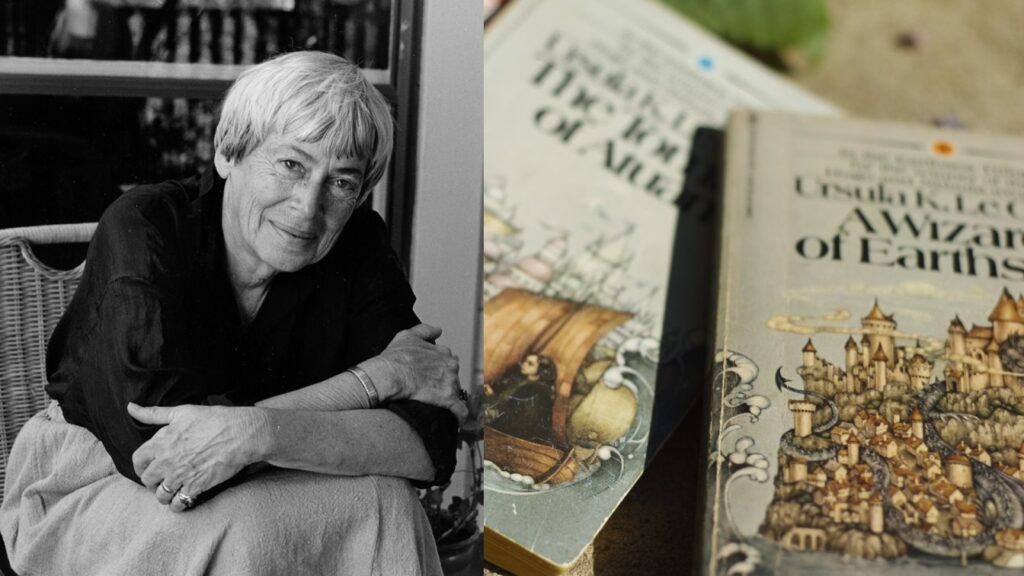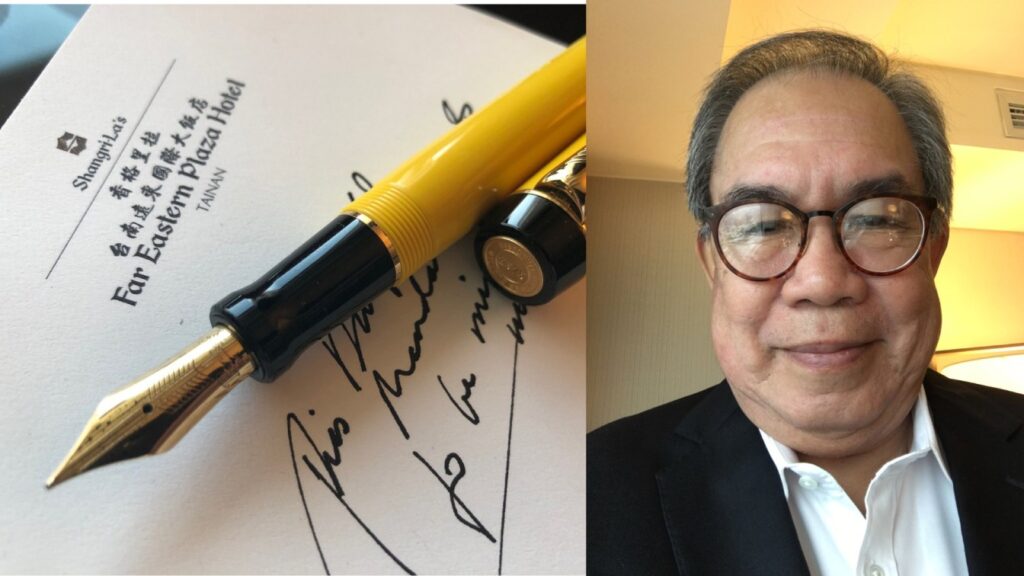Even if reading is considered outdated by today’s standards, finishing an entire book, a chapter, or even a set amount of pages, is still pretty satisfying. But let’s face it: some individuals find the idea of an unread book intimidating for a variety of reasons. For some, it may be a lack of time; for others, it may be a lack of energy for the activity.
If fanfic or cheesy rom-com stories found online don’t tickle your fancy, there is the option of short stories for all your reading satisfaction, which come in pretty handy when you want to try something new. People may have a little difficulty choosing which stories to read or at least finding something that suits their taste. If you fit that category or are simply looking for some recommendations, here are short stories that you can finish in one sitting to combat boredom.
The Rule Of Names

The Lord of the Rings and The Hobbit books are unquestionably the best of what the high fantasy genre has to offer, but the sheer length of the stories has made it intimidating for some readers to even consider going near them. However, it isn’t the only high-fantasy story that deserves attention. Enter The Rule of Names, written by the late Ursula K. Le Guin.
The Rules of Names explores a world where saying someone’s name is considered taboo as it means expressing absolute control over a being – the keyword is “being.” The story follows a sailor who travels vast distances to hunt down a thief and reclaim his family’s stolen treasure. What makes this story worth your attention is Le Guin’s masterful use of foreshadowing, which leaves a trail of breadcrumbs to follow, and once you notice it, you cannot enjoy the story the same way again.
Penmanship

If you’re in need of a love story that has a happy ending, well, you will not find it here. Butch Dalisay’s story, Penmanship, follows a man who can write letters to people without end, but, like a man suddenly struck with impotence, he fails to deliver when he needs it the most. The story is about an unlikely friendship that blossoms into more than just mutual respect for the other person; unfortunately, it was not meant to be.
The story largely follows the man’s actions and trains of thought, and how his love for fountain pens transitions into a love for another person. What makes this story worthwhile is the love aspect of the story and how it naturally builds up, making the ending all the more satisfying regardless of what happened in the story.
The Egg

Many stories begin with a person’s birth; this one begins with a person’s death. Andy Weir’s The Egg focuses on a man who meets and converses with God. Despite having a rather grim premise, this short story capitalises on that notion by delivering what is perhaps the most uplifting story out there without stating the obvious outright.
This almost purely conversational story talks about the meaning of life and argues about what the point of everything is, giving us a new perspective on life and how we should treat fellow humans. It’s like the “golden rule,” but expanded upon, that everyone needs to read. There’s no way around explaining this story without spoiling it because it is more of an experience that you have to try, especially if you’re unsure of your place in the universe.
The Unnamable

While on the subject of our place in the universe, H.P. Lovecraft’s The Unnamable takes that concept and twists it into an utterly terrifying thought. Though he is mostly known for his novels that sparked the Cthulhu mythos, Lovecraft was still able to write chilling stories in a shorter format, and The Unnamable is what we consider a gateway story for his expansive and dreadful universe.
As a staple of his work, Lovecraft does not reveal the monster even at the end of the story. Throughout the piece, all we ever receive are vague descriptions of the entity from two friends who were trying to discern the creature’s form. At the end, when nothing is resolved and the monster’s appearance remains unknown, the vague description given to it allows the monster to be anything we can perceive as terrifying.
The Lottery

Winning a chance-based game doesn’t always make you lucky. The Lottery, by Shirley Jackson, is the story that inspired The Hunger Games. If you are familiar with that, then you know this would be a sad story. What makes this story terrifying is the jarring transition from a summer celebration to something gruesome. And like the future books that were derived from it, it also had some children’s participation.
Reading this story wouldn’t invoke dread or catharsis, but it works as a great story that you can read in under thirty minutes. And if you love the Hunger Games books or movies, why not appreciate the story that inspired them? As without it, the film and television scenes would be incredibly different.
Sources: Wikimedia Commons [1], [2], [3], [4], Flickr [1], [2], [3], [4]
Follow us on Instagram, Facebook or Telegram for more updates and breaking news.









